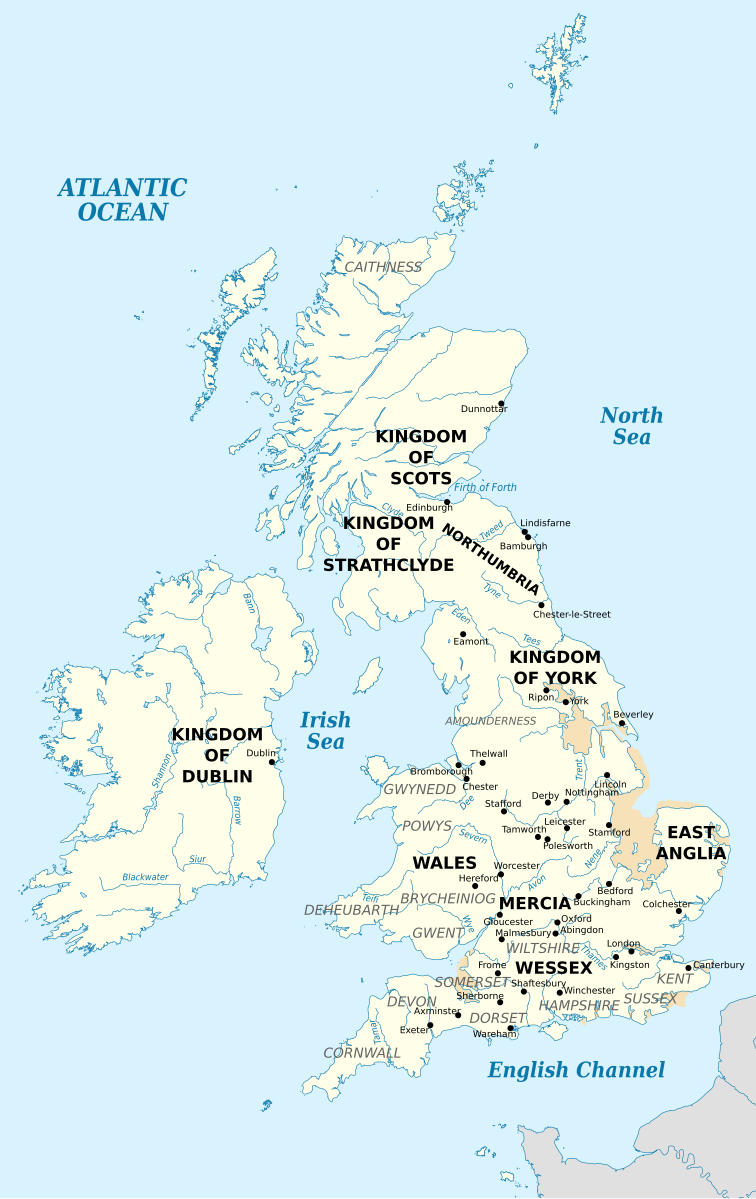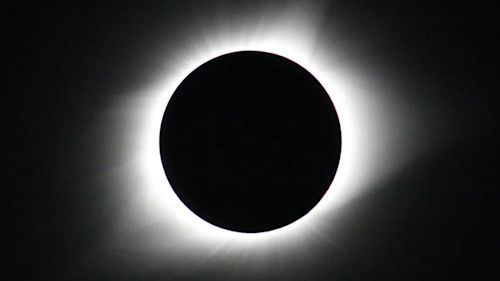Have you ever taken a moment to wonder whether those yesterdays of yours were real or not? Nothing is quite as unnerving yet intriguing as the belief that our past could be nothing more than an intricate weave of manufactured memories. It calls into question the very fabric of our autobiographical accounts-distorted, perhaps, but monumental nonetheless-to the leading question: Can we trust our recollections? This article delves deep into the mysterious world of memory and explores a phenomenon where false memories are generated, and what leads to their construction.
Memory has been viewed by many, it has been held, as a kind of mental record, no different from the unerring eye of a camera, when in fact, for the most part, it resembles more the canvas of the artist-an interpretive creation susceptible to revision and even radical alteration. The human brain is not an infallible vessel of our history; it is a flexible organ-capable even of fabricating false memories. The latter can be innocuous-forgetting what happened the other day-to just the opposite: remembering events that never took place at all.
Behind the science of false memories, there is a shocking reality: our memories are not as reliable as we would like them to be. This fact is proven-that all of us are susceptible to distortions in memory-and that even the most gifted of memorizers are no exception and can create events unconsciously. Another aspect is the so-called Mandela effect: when big groups of people remember something differently, while in fact it is not correct.
The work of the leading memory expert Elizabeth Loftus has been illustrative in showing just how fragile human memory is. In her experiments, Loftus managed to prove that a large number of people can be induced to believe in fictitious events of their past-such as getting lost in a shopping mall when they were young, or going for a ride in a hot air balloon-through either suggestions or manipulated visual evidence. These studies really bring home how easily our memories can be influenced and reshaped.
Although most false memories are innocuous, this should not minimize their potential to cause harm. In a legal framework, for example, a false memory communicated during testimony can result in wrongful convictions-an indication of how seriously an understanding of the mechanism for these memory distortions is.
These may be because of incorrect perception, inference, emotional state, misinformation, or misattribution of the original event. Our senses are not perfect, and their failure to encode correctly might be supplemented by our brains with fabricated details. Our past knowledge and beliefs may also be projected in how we reconstruct events; hence, a mix of fact and fiction.
Emotions, especially negative ones, can also serve to distort our memories. High arousal, be it positive or negative or neutral has been associated with a higher false memory rate. Misinformation such as leading questions and incorrect data also corrupts our memory, originally shown by Loftus’ studies on the misinformation effect.

Other contributors to false memories are misattribution-that is, when details from different events are conflated-and fuzzy tracing, in which we remember an event’s gist but not the details. These cognitive processes illuminate precisely how our interpretations of events may deviate from reality and lead to remembered experiences that are not representative of real events.
With so many facets to memory and so many different ways one might end up with false recollections, it is hard to know whether any given memory is true. Given that these are the facts, there are, however, a few methods by means of which we can investigate further: the first of the available useful approaches to independently verify or falsify a certain memory is through verification. It is important to bear in mind that the degree of confidence in a memory should not be taken as an index of its truth and that one should always be conscious of external factors, like the wording of questions or exposure to misinformation, which may distort our recollections.
The research of false memories testifies that the human act of remembering is incredibly complicated and prone to failure. Remembering the labyrinth of our past, one should view one’s memories with a dose of skepticism and know that these can lie. Understanding the limits of our memory, we’ll remember where the thin line stands between reality and fabrication in order to protect our memories as invaluable gifts of our personal history.
Now, as we venture deeper into the second part of our journey through this mysterious landscape of memory, we begin to see how much change false memories can bring upon our lives and how we may possibly unlock the truth from them. The question of false memories becomes far deeper than those minor errors many of us make through failing to remember an anniversary date or misplacing keys anywhere around our homes; they are powerful in determining what we believe about ourselves, self-determination, and even the outcome of justice.
While these false memories can be as harmless as believing you had a pet rabbit as a child when, in fact, you did not, they can also be as serious as misidentifying a suspect in a criminal lineup. The latter situation shows the serious involvement of false memories in legal matters. With confident declarants stating their memories, the stakes run high, and it comes to a point that one could easily be sure that there is a real chance of wrongful convictions. Human memory is unfortunately in a really bad state of inconsistency.
This effect was really called the Mandela effect, after the incredibly common yet false memory of Nelson Mandela dying in prison in the 1980s. This shared experience leads us to questions about the reliability of societal recollections and under what conditions large groups of people can remember events that never happened.
How to Discern False Memories
The quest to differentiate between true and false memories is akin to navigating a maze with no clear exit. Without external corroboration, the task is challenging, but not impossible. Here are some strategies to help you assess the accuracy of your memories:
Seek External Evidence
Corroborating a memory with tangible evidence can be a powerful method to verify its truthfulness. For instance, consulting historical records, photographs, or other people’s accounts can either support or refute your recollections. This approach, however, is not foolproof, as external sources can also be subject to inaccuracies or biases.
Understand the Fallibility of Confidence
A common misconception is that confidence equates to accuracy. However, the certainty with which someone recalls an event is not a reliable indicator of its veracity. Overconfidence can be misleading, and memories recalled with great detail and emotion can still be false.

Be Mindful of Suggestibility
It is astonishing how the phrasing of questions or the presentation of information alone can influence the reformation of memories. The seeds of false memories can easily be sown by leading questions or exposure to wrong information, and one should be cognizant of the possibility of suggestibility and critical evaluation of sources upon which his recollections are based.
Avoid Misinformation
In an era where information is abundant and not always accurate, it’s crucial to be discerning about the media we consume. Misinformation can insidiously weave its way into our memories, distorting our perception of past events. Staying informed through reliable sources and fact-checking can help safeguard against the incorporation of falsehoods into our memory bank.
The Takeaway
The more one plunges into the mystery of memory, the more one realizes that what one remembers is never fixed but fluid and malleable in fact. The realization that our memories may deceive us is both a humbling factor and a liberating one because it gives us the ability to look back at our past and question it.
While false memories stand as proof of how the brain is wired to build a narrative, this also serves as a warning about how limited our perception could be. It is in co-living with them and arming ourselves with the ability to recognize them that we can get near-accuracy with the personal history we keep.
In the big tapestry of our lives, memory is the stitch that binds together who we think we are and how we make sense of the world. The more we learn about the human mind, the more we realize the fallibility of our memories-but instead, let us learn to view them with graciousness, for they are but one part of the puzzle that makes us complex.
It is not a journey through lost pages of memory that begs for infallibility; it’s one that seeks to understand. The beauty of the imperfection of our recollections and the stories they tell is an important acknowledgement. May we move with curiosity, compassion and an unrelinquished commitment to truth on shifting sands.
Related posts:
How to Recognize False Memories
False Memory: How Memories Form and Why So Many May Be False
What Is False Memory OCD, and how is it treated?



